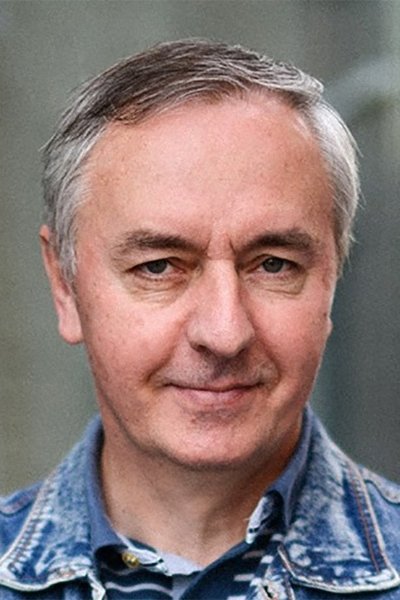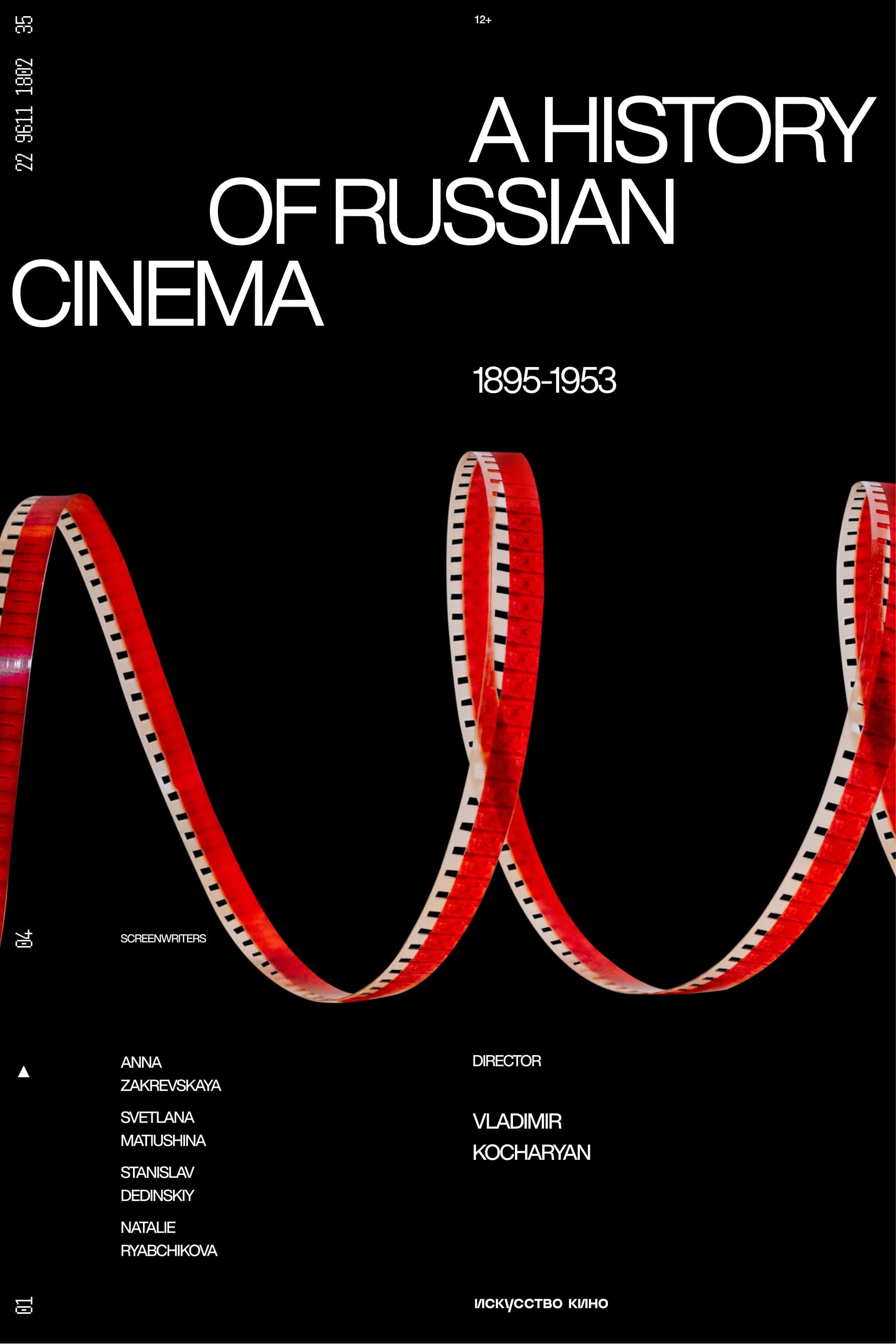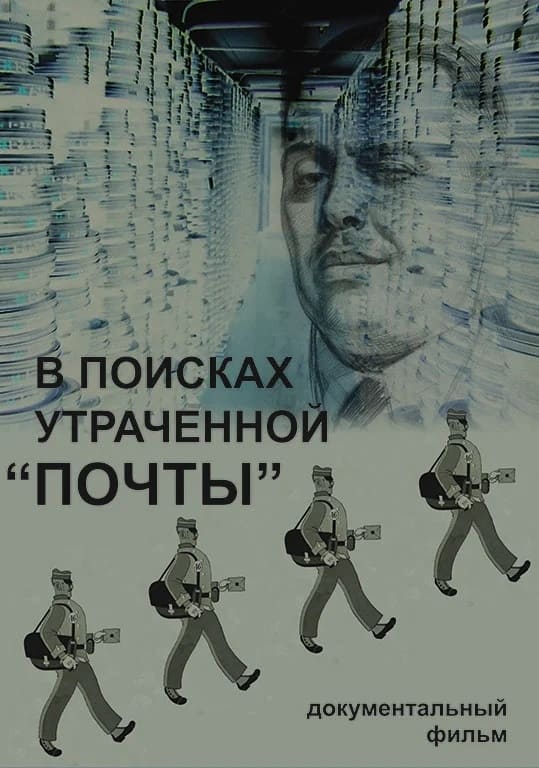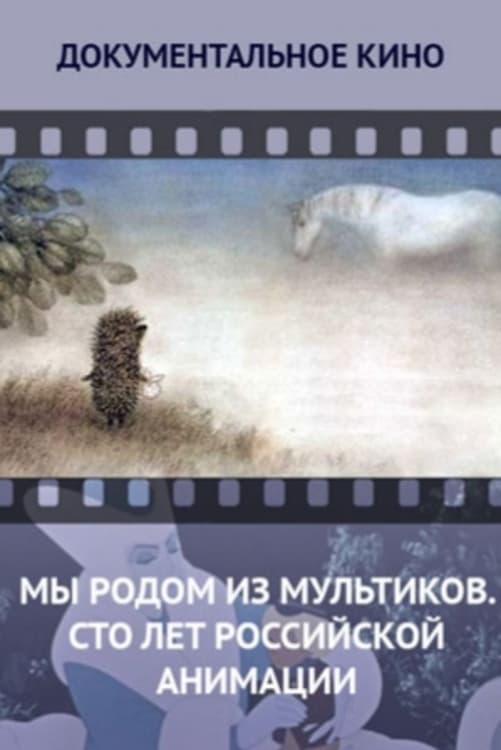

Nikolai Izvolov (born in 1962 – Kostroma, USSR) is a Russian film historian and cinema theorist, researcher of film archives and specialist in reconstruction of the “lost” films. He's known by his reconstructions of Dziga Vertov's Anniversary of the Revolution (2018), The History of the Civil War (2021) and Man with a Movie Camera (2024). Author of the books Phenomenon of Film: History and Theory (2001) and Unknown Pages of Russian Avant-garde Cinema (2021). Since the beginning of the 1990s, he has been teaching the course Practice of Work in Film Archives for students of the Film Studies department in VGIK (All-Russian State Institute of Cinematography). In 1992, he collaborated with Chris Marker on the Alexander Medvedkin’s biopic The Last Bolshevik. Together with Natasha Drubek-Mayer he developed a creative method of film reconstruction ‘Hyperkino’ and applied it to the archives of Dziga Vertov, Alexander Medvedkin and Lev Kuleshov: Lenin Kino-Pravda (1996); Stop Thief! (1998); The Story of Tit… or the Tale of the Large Spoon (2000); Engineer Prite’s Project (2001); Alcoholism and Its Consequences (2001); Dokhunda (2006).

A two part documentary about the first five decades of...

Travelogue of two film historians Nikolay Izvolov and Sergey Kapterev...
